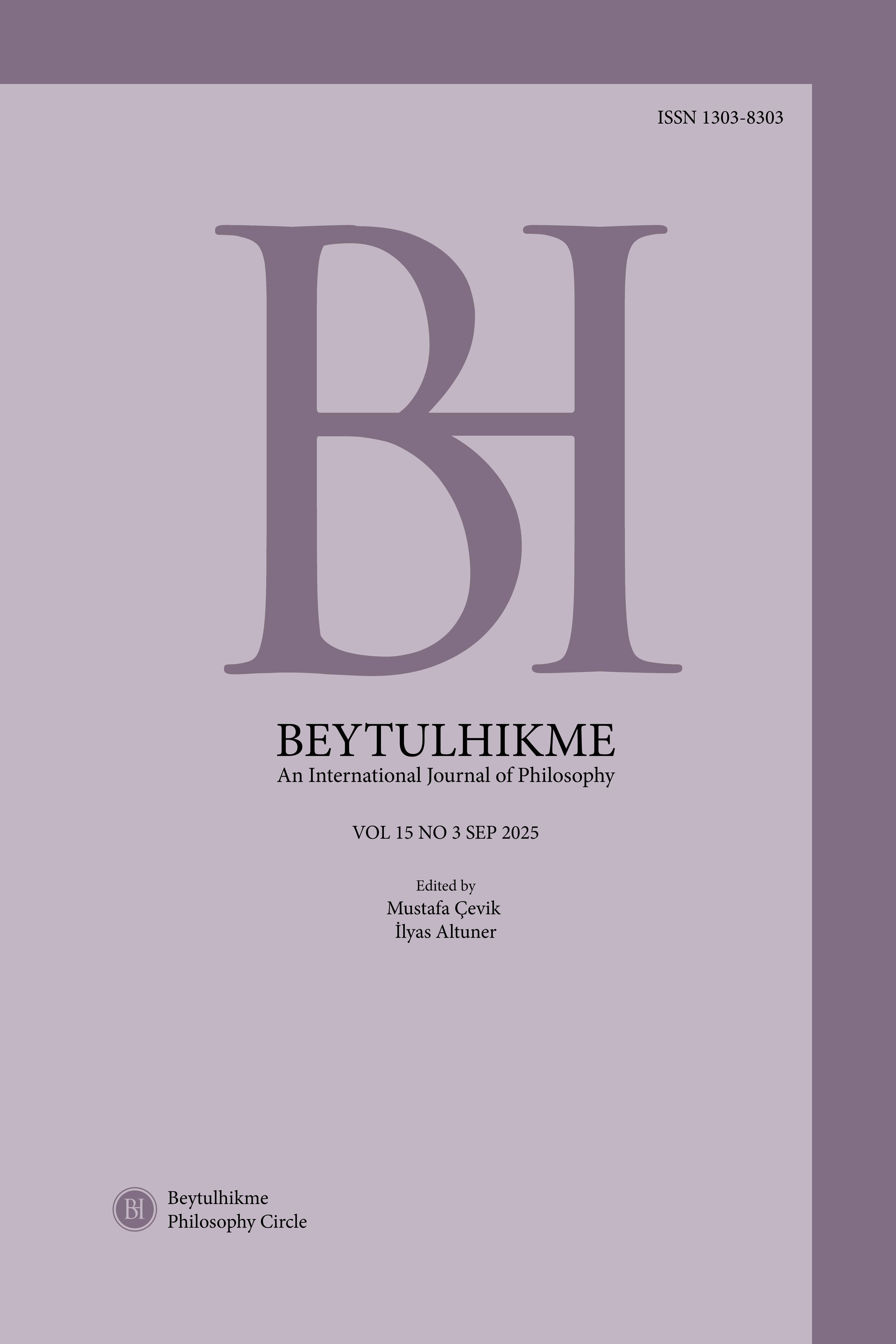Author :
Abstract
Husserl’in ortaya koyduğu fenomenolojinin iki önemli yöntemi vardır: Bunlardan ilki “askıya almak” ya da “paranteze almak” olarak çevrilebilecek olan epokhe, ikincisi ise “indirgeme”, “dışlama” olarak çevrilebilecek olan redüksiyon yöntemidir. Husserl, epokhe ve redüksiyon yöntemleri sayesinde nesnesinin saf bilinç halinde görülendiğini iddia ederek diğer bilimlerin tavırlarının ve fenomenlere yaklaşımının “doğal tavır” içerisinde kaldığını, bu yüzden bu bilimlerin mahiyet fenomenlerine ulaşamadığını, sınırlı alandaki fenomenleri incelediğini iddia eder. Bu çalışmada, Arendt’in Kötülüğün Sıradanlığı eserinde redüksiyon ve epokhe yöntemlerinin izlerinin sürülebileceği iddia edilmektedir. Bu ilişkilendirmenin gerekçeleri üzerinde durulduktan sonra özellikle oldukça politik olan bu tarz meselelerde, adaletin ne ölçüde mümkün olduğuna, adaletin uygulanabilmesi için “doğal tavır”dan sıyrılmanın gerekliliğine, Husserl’in redüksiyon yönteminin buna elverişli bir yöntem olup olmadığına ve Arendt’in bu konudaki tavrının da buna önemli bir örnek teşkil ettiğine değinilecektir.
Keywords
Abstract
Husserl’s phenomenology relies on two central methods: epoché, translated as “suspension” or “bracketing,” and reduction, which can also be rendered as “exclusion.” These methods aim to isolate pure consciousness by setting aside the “natural attitude” that characterizes other sciences, which, according to Husserl, limits their ability to access the essence of phenomena. This study explores how these phenomenological methods—particularly epoché and reduction—can be identified in Hannah Arendt’s The Banality of Evil. It argues that Arendt’s approach implicitly applies Husserlian techniques to detach from conventional moral and political assumptions in order to confront the phenomenon of evil in its essence. The study further examines whether such detachment is necessary to administer justice in highly politicized contexts, whether Husserl’s reduction is a suitable method for this aim, and whether Arendt’s stance provides a meaningful example of its application.





